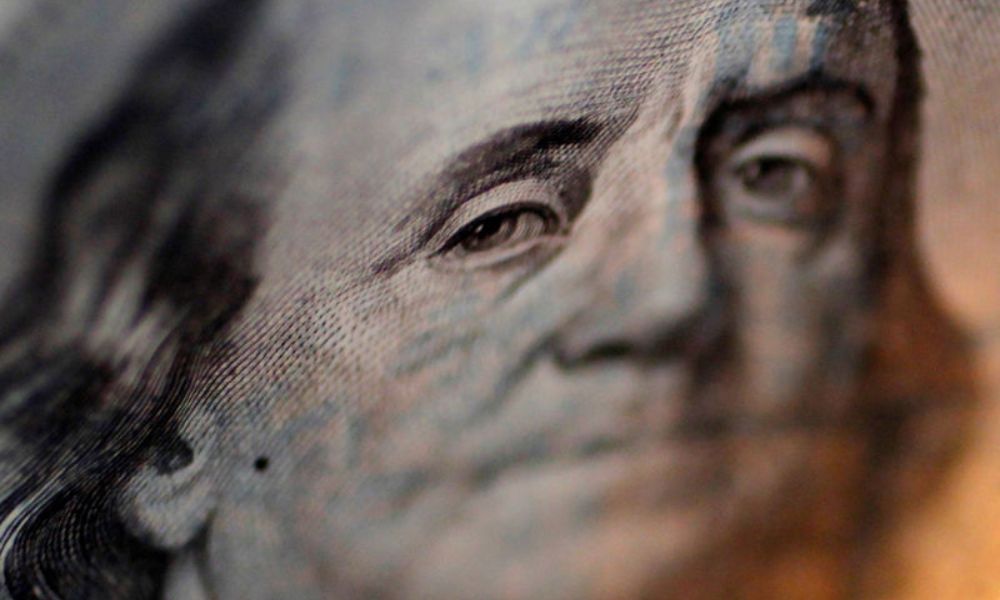
Most Asian currencies strengthened on Tuesday, while the dollar retreated from near three-month highs as investors trimmed some positions before a slew of key economic readings this week.
Fears of higher U.S. interest rates spurred a six-week rally in the greenback, following strong inflation and jobs data and as the Federal Reserve hinted at more potential rate hikes this year.
This trade weighed heavily on Asian currencies, with most regional units nursing steep losses for the year as the gap between risky and low-risk yields narrowed.
Concerns over slowing economic growth in China also dented sentiment towards Asian markets, with promises of more stimulus measures offering little relief.
|
Are you a Tax Lawyer in USA? |
The dollar index and dollar index futures fell 0.2% each in Asian trade, with traders trimming some positions in the greenback before key economic readings from the country, due this week.
U.S. consumer confidence data is due later on Tuesday, while a revised reading on second-quarter gross domestic product is due on Wednesday.
Readings on personal consumption expenditures (PCE)- the Fed’s preferred inflation gauge are due on Thursday, while nonfarm payrolls data for August is set to close out the week.
Any signs of resilience in the U.S. economy- particularly in inflation and the jobs market- gives the Fed more impetus to keep raising interest rates, with Chair Jerome Powell having reiterated the message last week. Higher U.S. rates bode poorly for Asian markets.
Still, weakness in the dollar offered some near-term support to regional units.
The Singapore dollar and South Korean won added 0.2% each on Tuesday, as did the Indian rupee.
The yuan rose 0.1% on Tuesday, benefiting from a stronger daily midpoint fix by the People’s Bank of China (PBOC).
Despite increasing economic headwinds for China, the PBOC has stemmed weakness in the yuan through a slew of measures, including stronger midpoint fixes and likely intervention in currency markets.
State media reports said on Tuesday that the PBOC may cut its reserve requirements for banks earlier than expected- a move that is expected to help increase local liquidity.
But such a move also portends more pressure on the yuan, given that the currency is already reeling from a widening gulf between local and U.S. interest rates.
Focus this week is squarely on purchasing managers’ index (PMI) data for August, due on Thursday on Friday. Analysts expect continued weakness in Chinese business activity.
Hopes of more Chinese stimulus helped the Australian dollar add 0.2%, given its high trade exposure to China.
The Japanese yen rose 0.2% on Tuesday, but remained close to a 10-month low amid continued uncertainty over whether the Bank of Japan (BOJ) will tighten monetary policy.
Goldman Sachs analysts said in a recent note that the yen could once again test 30-year lows if the BOJ continues to stall on tightening policy.
Dovish signals from the bank had driven the yen to 1990 lows in late-2022, especially as U.S. rates rose further.
While the BOJ recently tweaked its yield curve control mechanism to offer more flexibility on government bond yields, the move provided little support to the yen as markets called on more hawkish measures. - Investing.com